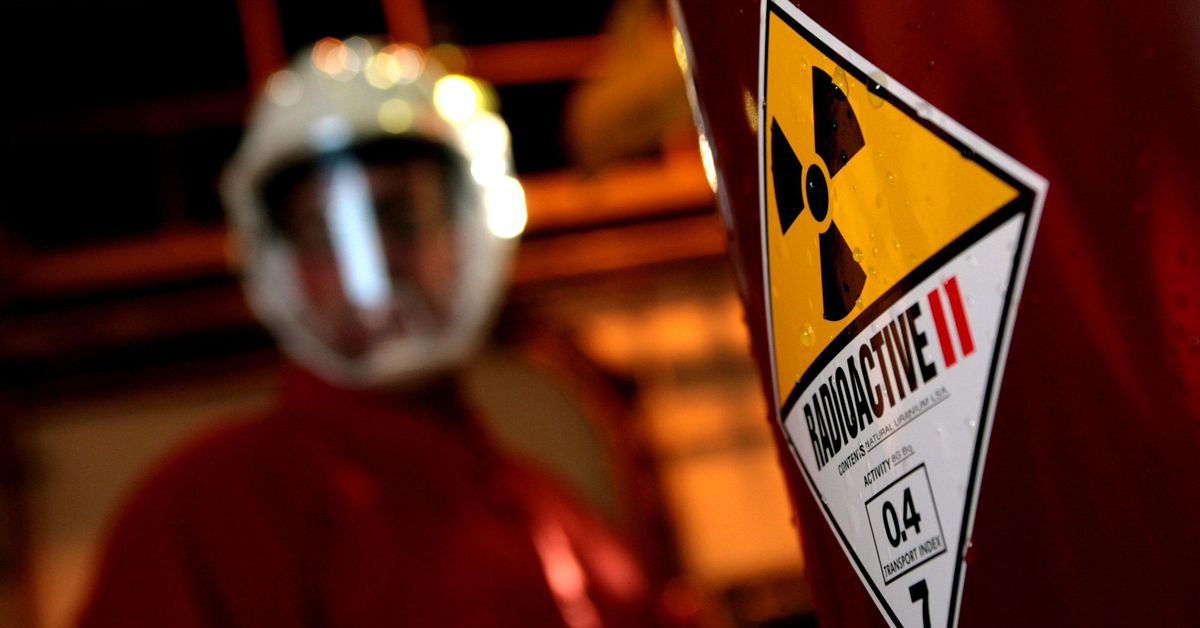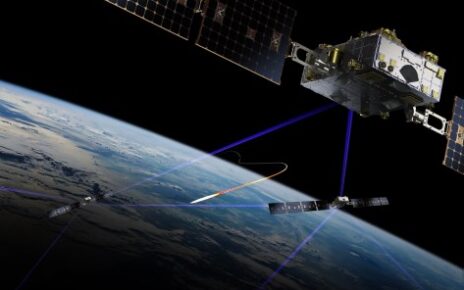Next-Generation Nuclear Reactors: A Debate Over Fuel Security
The development of next-generation nuclear reactors has gained momentum in recent years, with the potential to provide a steady and clean source of electricity. However, this progress has also raised concerns about the security implications of using advanced reactor fuel, which could potentially be used to develop nuclear weapons.
Theoretical Use of Advanced Reactor Fuel for Nuclear Weapons
The uranium in the fuel used by next-generation reactors could theoretically be used to develop a nuclear weapon. Older reactors use fuel with low concentrations of uranium-235 (U-235), making it difficult to produce a nuclear weapon. However, advanced reactors would use higher concentrations of U-235, known as high-assay low-enriched uranium (HALEU). This has raised concerns that the fuel could be used to develop nuclear weapons.
Security Risks with Advanced Reactor Fuel
The use of HALEU in next-generation reactors poses a potential security risk. If the fuel is stolen or diverted from a reactor, it could be used to develop a nuclear weapon. The authors of a recent paper published in Science argue that even a single reactor using HALEU would pose serious security concerns.
Concerns about Fuel Concentration
The concentration of U-235 in HALEU is higher than traditional reactor fuel, with concentrations ranging from 5 to 20 percent. This has raised concerns that the fuel could be used to develop nuclear weapons. The authors of the Science paper argue that a concentration of at least 20 percent is considered highly enriched uranium, which could potentially be used to develop nuclear weapons.
Risk of Malicious Intent
The authors of the Science paper also argue that the risk of malicious intent is higher with HALEU than traditional reactor fuel. They suggest that even a small group could steal and process enough fuel to make a nuclear bomb, although this would still require significant resources and expertise.
Security Measures in Place
Despite these concerns, some experts believe that the security risks associated with HALEU are manageable. The Nuclear Energy Institute (NEI) has stated that the views of the authors do not present any new information that should discourage the development and deployment of HALEU. However, others argue that more needs to be done to ensure the security of next-generation reactors.
Regulatory Requirements
Regulatory bodies have established strict requirements for the use of HALEU in nuclear reactors. These include secure storage and transportation of fuel, as well as stringent safeguards against diversion or theft. However, some critics argue that these measures are not sufficient to prevent malicious intent.
Criticisms of Nuclear Energy
The security concerns surrounding HALEU have been met with skepticism by some experts. The Union of Concerned Scientists (UCS) has argued that there is no good reason to pursue nuclear energy, citing the risks of nuclear proliferation and radioactive waste.
Conclusion
The development of next-generation nuclear reactors raises important questions about fuel security. While advanced reactor fuel could potentially be used to develop nuclear weapons, regulatory bodies have established strict requirements for its use. However, more needs to be done to ensure that these measures are sufficient to prevent malicious intent.
Recommendations
To mitigate the risks associated with HALEU, the authors of the Science paper recommend:
- Conducting an updated security assessment of HALEU
- Setting a lower enrichment limit for uranium based on new research
- Ramping up security measures for HALEU to more closely match those for weapons-usable fuels
These recommendations highlight the need for continued vigilance and cooperation between regulatory bodies, industry experts, and policymakers to ensure the safe and secure development of next-generation nuclear reactors.
References
- "Security Risks with High-Assay Low-Enriched Uranium (HALEU) in Next-Generation Nuclear Reactors" by Edwin Lyman et al. published in Science.
- Statement from Jennifer Uhle, Vice President of Technical and Regulatory Services at the Nuclear Energy Institute.
- Criticisms of nuclear energy by Edwin Lyman, Director of Nuclear Power Safety at the Union of Concerned Scientists.
Related Articles
- "Congress Votes to Advance Nuclear Energy Development in the US"
- "Dozens of Countries Pledge Support for Nuclear Power, Despite Lingering Concerns"
This article provides an overview of the security concerns surrounding next-generation nuclear reactors and their fuel. It highlights the potential risks associated with HALEU and recommends measures to mitigate these risks.
Note: This is a rewritten version of the original text, formatted according to your requirements.



